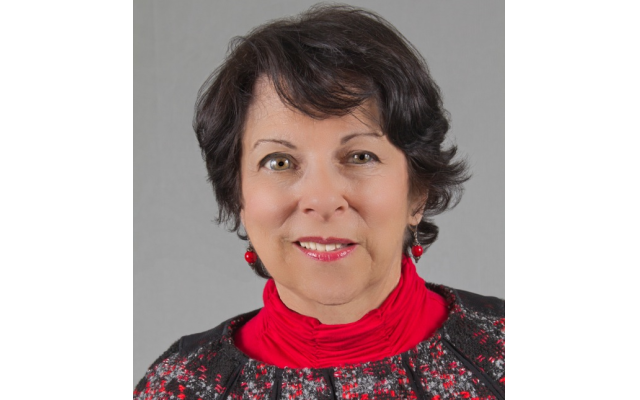Zimmerman Shares Tips to Tackle Disputes
Attorney Rebecca Zimmerman has been mediating disputes for more than seven years, handling about 150 conflicts each year.

Attorney Rebecca Zimmerman has been mediating disputes for more than seven years, handling about 150 conflicts each year. She spoke to the AJT to share her thoughts on conflict, in general, and some of the challenges that arise around elder care and estate distribution, in particular.
“What I love about mediation is that you’re giving people the opportunity to resolve their own disputes, rather than having a court do it for them,” she said. “Conflict can be so preoccupying, and it takes all your time and energy.”
Turning specifically to the topic of elder care, she explained that such decisions can be trying for any family.
“When there’s a history of not being able to communicate well, it can be helpful to have a third party there to manage that conversation,” Zimmerman said. “It’s very important that all parties have an opportunity to express their concerns, as there are different dynamics that influence how people communicate with each other.”
Among the most challenging situations facing families are when health care decisions for aging parents need to be made.
“When we’re talking about adult siblings trying to assist with managing the care of their parents, some factors include: where do the siblings live, what are the financial capabilities of the all the parties involved, and what resources are available,” she explained.
As a mediator, Zimmerman’s role would be to bring those parties together and facilitate discussion.
“It could be that they need some financial counseling or guidance on how to manage the financial piece of it,” she said. “If that’s the case, it may mean they need an attorney who specializes in elder care who can explain whether Medicaid is appropriate or if there are VA benefits involved. Or it could be a geriatric care manager or senior social worker who would be a good resource.”
While healthcare can be a big part of those discussions among family members, additional areas for conversations between elders and their families can include housing options, timing of selling a family home, and when is it time to stop driving.
“When it comes to me in the context of a mediation, the framework is to help each party talk about their underlying concern,” she said. “Most of the time, the participants come to the mediation table with a single solution mindset – they are in what I like to call their ‘stuck place.’ My job is to help each person identify what is going on beneath the surface. For the senior person, it is often a fear of losing independence.”
Zimmerman stressed that no one answer fits every problem. “There really are as many answers as there are people I talk to,” she said. “Also, I think a lot of people don’t realize mediation is a resource that’s available before going to an attorney.
As for what appeals to her about mediating disputes, she explained that watching a resolution take place is very rewarding.
“If I can help somebody resolve a dispute and come away feeling like I didn’t force anyone to do anything, but just helped them find the way to move on, that’s what I want,” she said. “And if I can’t, I don’t view it as a failure for me or for mediation, I just hope that I’ve helped them think differently about the situation.”
She shared a few tips for avoiding conflicts, specifically when dealing with caretaking:
- If you are the caretaker, keep other family members fully informed.
- Ask other family members to share their opinions to ensure your judgment is clear and that they are a part of the care.
- If another party is the caretaker, request to be kept in the loop; do not demand. Visit often and help carry the emotional burden.
- When possible, gather nearby family members and create an action plan that divides responsibilities.
- Do not expect divisions of labor to be “fair.”



comments